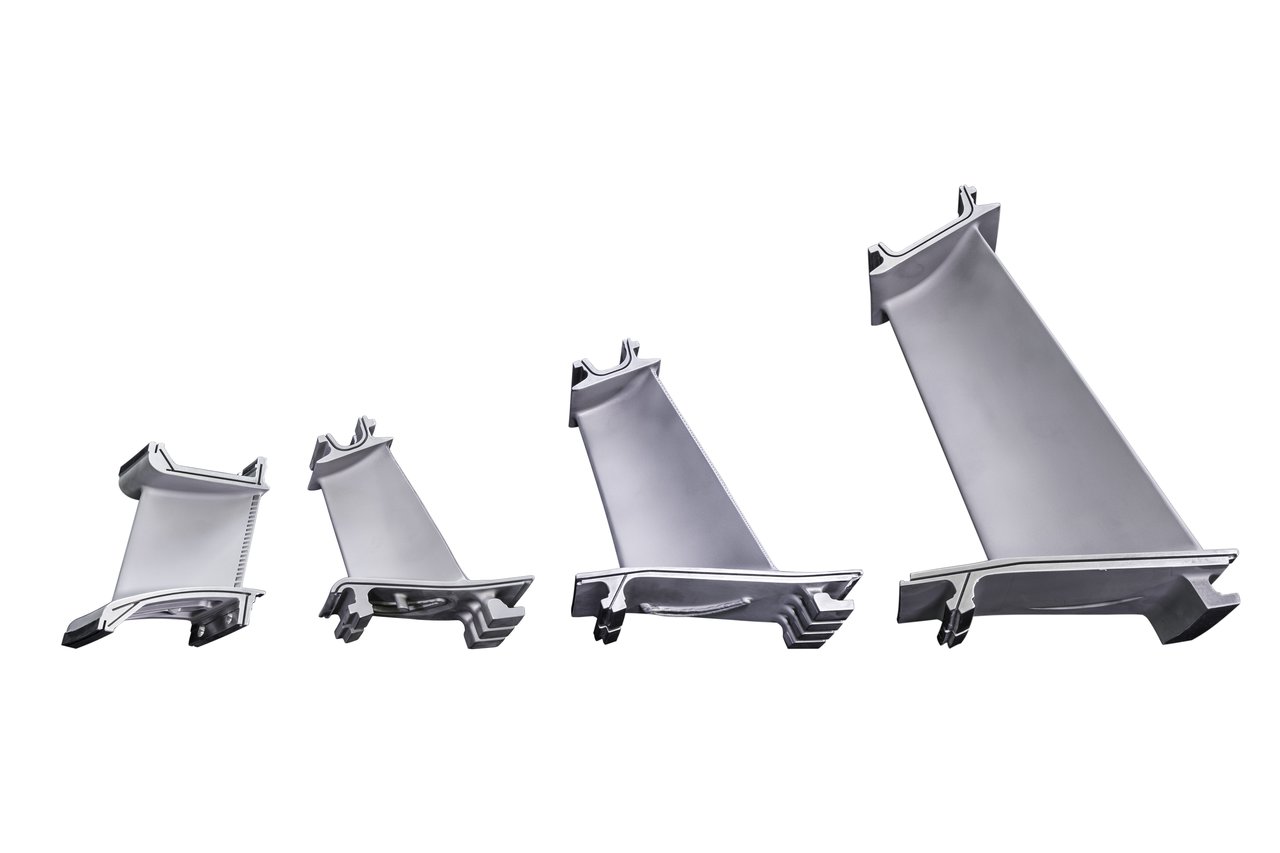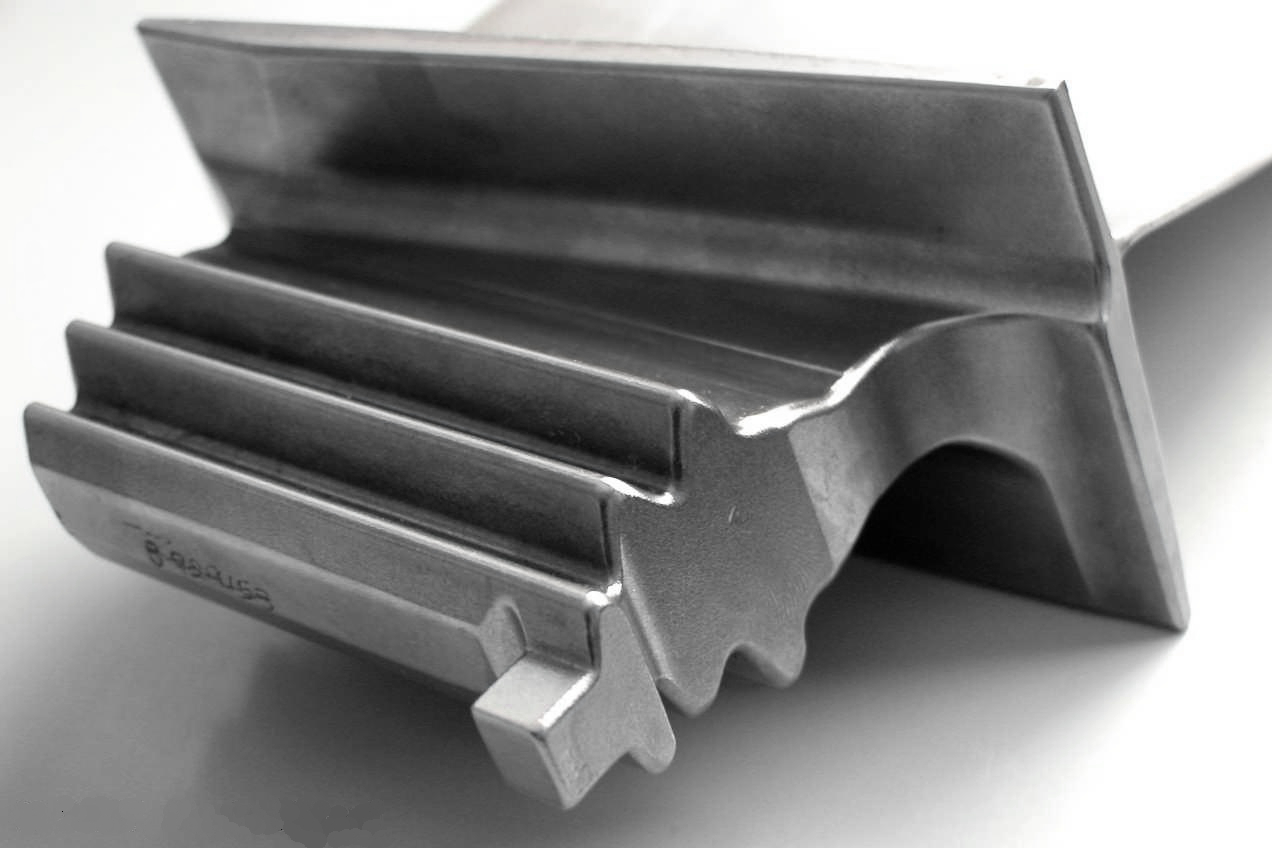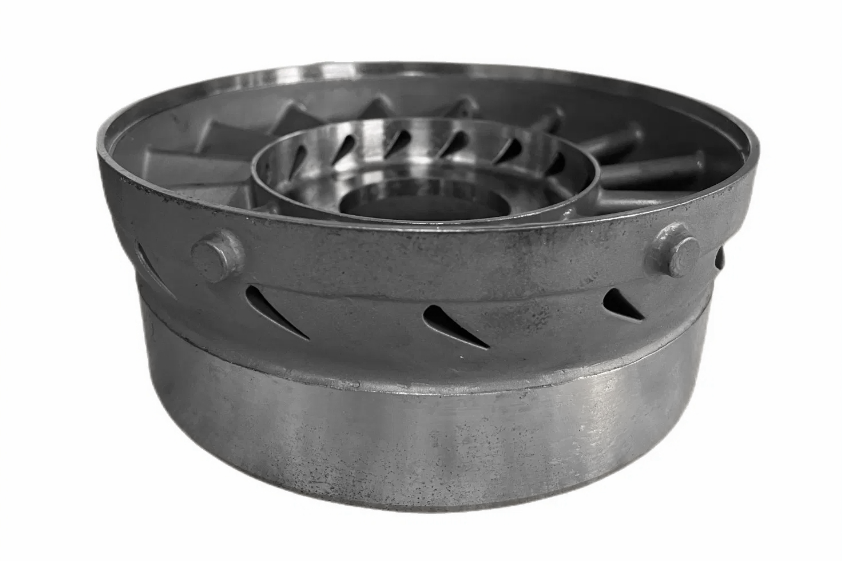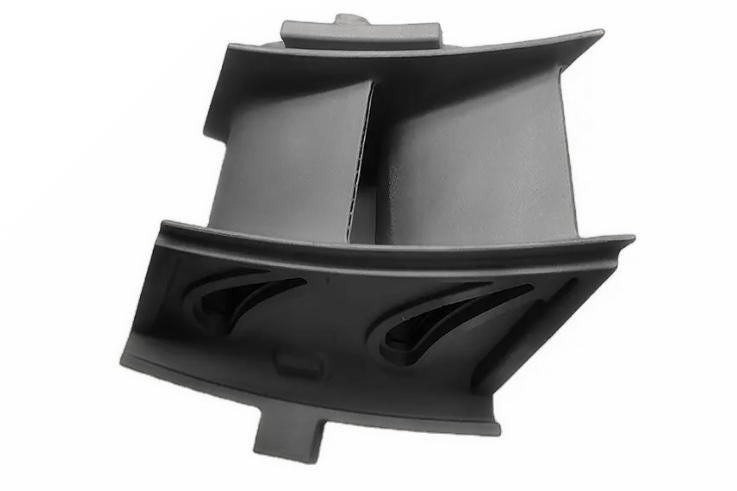TMS-75
About TMS-75 Superalloy
Name and Equivalent Name
TMS-75 is a third-generation nickel-based single-crystal superalloy designed for high-performance applications in extreme environments. It offers improved creep strength and fatigue resistance compared to second-generation alloys like CMSX-4 and PWA 1484. Although no direct equivalents exist, it shares similarities with other third-generation alloys, such as René N6.
TMS-75 Basic Introduction
TMS-75 is a nickel-based single-crystal alloy developed to withstand high thermal and mechanical stresses in aerospace and energy applications. This alloy is engineered explicitly for turbine blades and vanes, ensuring superior creep resistance and fatigue performance at elevated temperatures.
The composition of TMS-75 enhances its thermal fatigue resistance, making it suitable for long-term use at temperatures above 1100°C. Its single-crystal structure eliminates grain boundaries, significantly improving mechanical properties and extending service life under cyclic thermal loads.

Alternative Superalloys of TMS-75
Alternatives to TMS-75 include other high-performance third-generation alloys like René N6 and CMSX-10, offering excellent creep resistance and thermal fatigue performance. Second-generation alloys such as CMSX-4 or PWA 1484 may be used for less demanding applications, though they provide slightly lower high-temperature stability. TMS-75 is preferred when superior creep strength, fatigue resistance, and long-lasting high-temperature performance are required.
TMS-75 Design Intention
The design of TMS-75 focuses on enhancing mechanical performance and thermal stability in harsh environments. Its single-crystal structure ensures minimal creep deformation under high stress, and the alloying elements, including rhenium and tantalum, further strengthen the matrix at elevated temperatures. TMS-75 is specifically intended for critical aerospace applications, such as jet engines, where components must endure thermal fatigue without compromising mechanical integrity over long service periods.
TMS-75 Chemical Composition
Each element in TMS-75 plays a critical role in ensuring its superior performance. Chromium provides oxidation resistance, rhenium improves creep resistance, and tantalum enhances high-temperature strength.
Element | Weight % |
|---|---|
Nickel (Ni) | Balance |
Chromium (Cr) | 3% |
Cobalt (Co) | 7% |
Tungsten (W) | 8% |
Aluminum (Al) | 5% |
Tantalum (Ta) | 9% |
Rhenium (Re) | 5% |
TMS-75 Physical Properties
TMS-75 provides high mechanical stability and thermal conductivity, making it suitable for extreme operating conditions.
Property | Value |
|---|---|
Density | 8.68 g/cm³ |
Melting Point | 1345°C |
Thermal Conductivity | 10.8 W/(m·K) |
Modulus of Elasticity | 217 GPa |
Tensile Strength | 1090 MPa |
Metallographic Structure of TMS-75 Superalloy
TMS-75 features a single-crystal structure, eliminating grain boundaries to enhance creep resistance and minimize fatigue crack propagation. The alloy’s matrix comprises a gamma (γ) phase reinforced by gamma-prime (γ') precipitates, strengthening the material and improving its resistance to plastic deformation.
The uniform distribution of γ' precipitates, containing nickel, aluminum, and tantalum, ensures excellent stability under cyclic thermal loads. This metallographic structure allows TMS-75 to maintain mechanical integrity at high temperatures, extending component life in aerospace engines and turbines.
TMS-75 Mechanical Properties
TMS-75 exhibits superior mechanical properties, including excellent tensile strength, fatigue resistance, and long-term creep performance at high temperatures.
Property | Value |
|---|---|
Tensile Strength | ~1250 MPa |
Yield Strength | ~1150 MPa |
Creep Strength | Excellent at 1100°C |
Fatigue Strength | ~700 MPa |
Hardness (HRC) | ~45 |
Elongation | ~10-12% |
Modulus of Elasticity | ~230 GPa |
Key Features of TMS-75 Superalloy
Exceptional Creep Resistance TMS-75 provides superior creep resistance, maintaining its mechanical integrity at 1100°C, making it ideal for turbine blades and vanes in jet engines.
High Thermal Fatigue Resistance The alloy is designed to withstand thermal cycling, ensuring durability and preventing fatigue failure in components subjected to temperature fluctuations.
Oxidation Resistance With 3% chromium, TMS-75 offers excellent oxidation resistance, preventing surface degradation and ensuring reliable performance under high-temperature conditions.
Single-Crystal Structure TMS-75’s grain-boundary-free design enhances mechanical strength and fatigue life, ensuring components perform reliably under prolonged thermal and mechanical stress.
Long Service Life TMS-75 is engineered for long-lasting performance, withstanding extended operation in harsh environments, reducing maintenance costs and downtime for aerospace and power generation applications.
TMS-75 Superalloy’s Machinability
TMS-75 is suitable for Vacuum Investment Casting because it can form precise, complex geometries with minimal porosity. This process ensures excellent component integrity for turbine blades and vanes.
TMS-75 is also highly effective in Single Crystal Casting, as its single-crystal structure eliminates grain boundaries, providing superior creep resistance and fatigue life.
However, it is unsuitable for Equiaxed Crystal Casting because the performance benefits of the alloy require a single-crystal microstructure.
While TMS-75 can be processed through Superalloy Directional Casting, single-crystal casting is preferred to maximize fatigue resistance and high-temperature performance.
A powder Metallurgy Turbine Disc is not recommended for TMS-75, as powder metallurgy cannot replicate the single-crystal structure required for optimal performance.
Superalloy Precision Forging is not ideal for TMS-75, as deformation may compromise the integrity of its microstructure.
TMS-75 is unsuitable for Superalloy 3D Printing because additive manufacturing cannot currently produce single-crystal structures with reliable properties.
CNC Machining is applicable, though it requires specialized tooling to handle the alloy's hardness while maintaining precision.
Due to the alloy's sensitivity, Superalloy Welding is challenging, as it can introduce defects that compromise its performance.
Hot Isostatic Pressing (HIP) improves TMS-75's mechanical properties by eliminating internal voids and enhancing structural integrity.
TMS-75 Superalloy Applications
In Aerospace and Aviation, TMS-75 is used in turbine blades, vanes, and components requiring superior creep and thermal fatigue resistance.
In Power Generation, the alloy supports high-efficiency gas turbines, ensuring durability under extreme thermal cycling conditions.
For Oil and Gas applications, TMS-75 is used in high-temperature turbines and valves, providing reliable operation in harsh environments.
In the Energy sector, TMS-75 enhances the efficiency of turbines in both conventional and renewable power systems, withstanding prolonged thermal stress.
In the Marine industry, TMS-75 is employed in propulsion systems and gas turbines that encounter high-stress and corrosive environments.
In mining, TMS-75 is applied to specialized equipment, such as wear-resistant tools and high-temperature pumps.
In Automotive applications, TMS-75 is used in motorsport engines and other high-performance components requiring excellent fatigue resistance.
Chemical Processing industries utilize TMS-75 for reactors and heat exchangers exposed to high temperatures and corrosive environments.
In the pharmaceutical and food sectors, the alloy is used in sterilization equipment and tools that require thermal stability and corrosion resistance.
Military and Defense applications include advanced jet engine components and propulsion systems, leveraging TMS-75's high mechanical strength and durability.
In Nuclear industries, TMS-75 supports turbine components in reactors, offering stability under prolonged high-temperature exposure.
When to Choose TMS-75 Superalloy
TMS-75 is ideal for custom superalloy parts used in applications requiring exceptional creep resistance, fatigue strength, and long-term performance at high temperatures. It is the preferred choice for turbine blades and engine components in aerospace, power generation, and defense sectors, where materials must endure extreme thermal cycling and mechanical stress. With its advanced metallurgical design, TMS-75 ensures long service life, reducing maintenance and operating costs. This alloy is best suited for scenarios where stability, strength, and corrosion resistance are essential, particularly in jet engines, high-efficiency gas turbines, and other critical systems.



